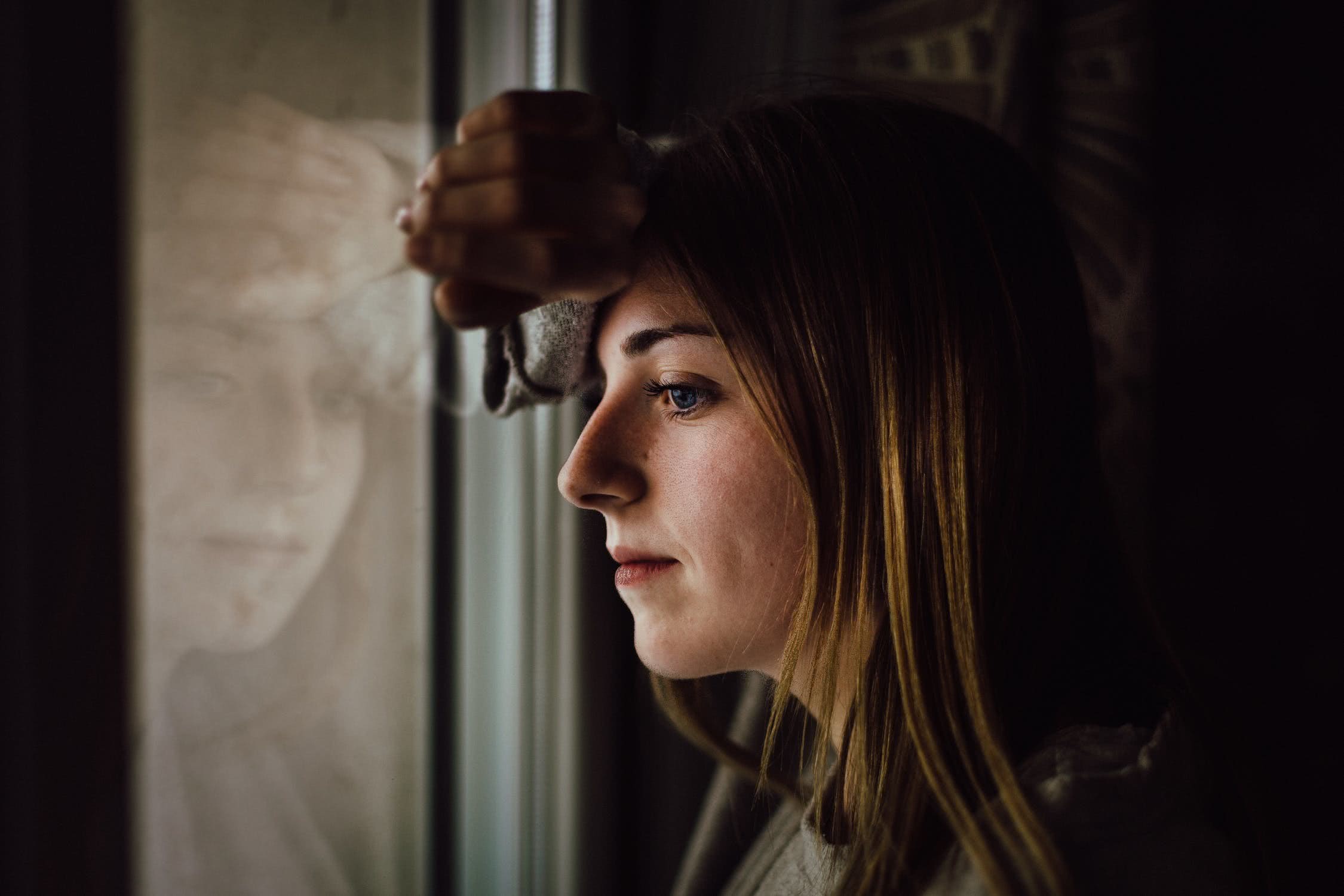When you are in a relationship with someone who has an alcohol use disorder, it can be challenging to know how to best support them while also taking care of yourself. Here are some do’s and don’ts for partners of people with alcohol use disorders: Advice for the partners of people struggling with alcohol use disorders. If you are a friend or a partner who came here looking for answers, then here are some pointers that may be helpful to you:
Do’s:
- Educate yourself about alcohol use disorder: Learn as much as you can about alcohol use disorder, including its causes, symptoms, and treatment options. This can help you understand what your partner is going through and how you can best support them.
- Encourage your partner to seek professional help: Encourage your partner to seek professional help, such as therapy or rehab, to address their alcohol use disorder. Offer to help them research treatment options and make appointments.
- Practice self-care: Take care of your own physical and emotional well-being. Make time for activities that bring you joy and relaxation, and seek support from friends or a therapist if you need it.
- Set boundaries: Set clear boundaries with your partner around their alcohol use, such as not enabling them or participating in activities that involve alcohol if it triggers you or makes you uncomfortable.
- Communicate openly and honestly: Communicate openly and honestly with your partner about how their alcohol use affects you and your relationship. Express your concerns and feelings in a non-judgmental and supportive way.
- Take good care of your own mental and physical health.
- Maintain a healthy social network. You may need them as much as for yourself.
- Try to sound positive and to motivate the person to go for treatment.
- Talk to them as an equal. This is the only way to get positive results.
- Contact a treatment centre for advice about the next best steps.
Don’ts:
- Don’t try to control your partner’s behavior: Avoid trying to control your partner’s alcohol use or behavior. This can be counterproductive and may lead to resentment or resistance.
- Don’t enable your partner: Avoid enabling your partner’s alcohol use, such as making excuses for them or covering up their behavior. This can make it harder for them to see the consequences of their actions and may delay their seeking professional help.
- Don’t blame yourself: Remember that your partner’s alcohol use disorder is not your fault. Avoid blaming yourself or taking on responsibility for their behavior.
- Don’t ignore the problem: Avoid ignoring or minimizing the impact of your partner’s alcohol use on your relationship and their health. Addressing the problem early on can help prevent it from becoming more severe.
- Don’t give up hope: Remember that recovery from alcohol use disorder is possible. Stay hopeful and supportive of your partner as they navigate their journey towards recovery
- Don’t throw alcohol down the drain or hide it.
- Don’t drink with the person to get rid of the alcohol.
- Do not take responsibility or make excuses for them.
- Do not abuse the drinker physically or psychologically. Stay calm.
- Do not blame, condemn or ridicule the person that is struggling with this issue.
In conclusion, being in a relationship with someone with an alcohol use disorder can be challenging, but there are things you can do to support your partner while also taking care of yourself. Educate yourself, encourage professional help, practice self-care, set boundaries, and communicate openly and honestly. Avoid trying to control or enable your partner, blaming yourself, ignoring the problem, or giving up hope. By taking these steps, you can support your partner and navigate the challenges of alcohol use disorder together.
Click here for the comprehensive guide on alcohol use disorders.
Recovery Direct in Johannesburg
Thanks for visiting Recovery Direct. South Africa’s greatest treatment centre for drug and alcohol and behavioural disorder treatment such as common eating disorders, gambling and sex addiction. The rooting drivers of dependency and self-destructive behaviours are normally rooted in distress and traumatic events experienced often literally or emotionally. Our specialist-led PTSD revival facility runs by recognising your exceptional requirements and helping you cultivate the best techniques to move forward. Many thanks for reading this short article. Our team hope you found something of worth and merit from the information. Please share this article with any person which you feel may also gain from it.







